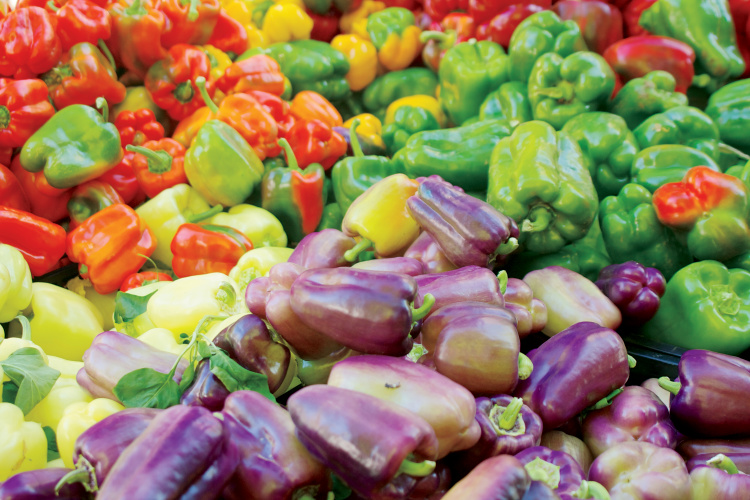Home > Connecticut > Connecticut Crops & Livestock > Connecticut Agricultural Experiment Station Expands Specialty Crop Markets
Connecticut Agricultural Experiment Station Expands Specialty Crop Markets
In partnership with: Connecticut Department of Agriculture
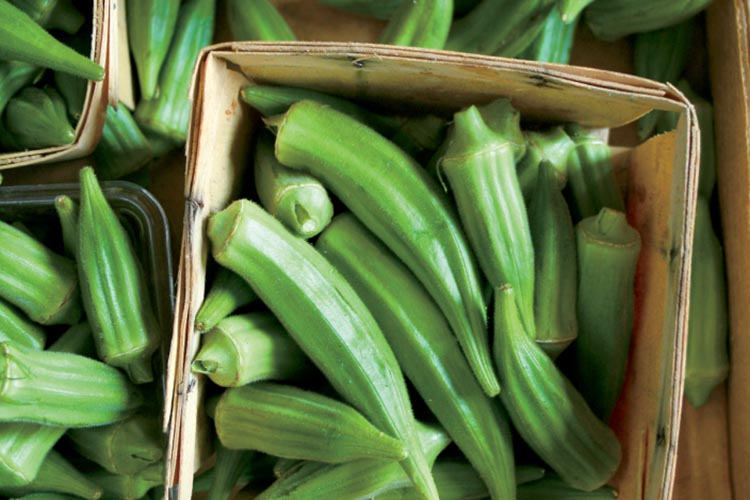
Variety is the spice of life, and no one knows this better than the researchers at the Connecticut Agricultural Experiment Station. Thanks to recent research, Connecticut farmers have an opportunity to expand their production horizons and grow ethnic specialty crops like jilo, calabaza and Belgian.
Connecticut Agricultural Experiment Station scientist Abigail Maynard conducts multi-year studies on ethnic vegetable crops and varieties adaptable to Connecticut. As a result, the Station’s work expands specialty crop markets in a state with climatic conditions typically considered unsuitable for growing them. “Connecticut is unusual in that we have a lot of ethnicity in the state, and there are a number of farmers’ markets throughout the state where these ethnicities visit,” says Maynard, an associate agricultural scientist with a Ph.D. in soils. “I look at crops not typically grown in Connecticut but that have a strong market, and I see how best to grow them here in the state.”
The Connecticut Agricultural Experiment Station, established in 1875, ranks as the oldest experiment station to solve agricultural, public health and environmental problems. Today, this Connecticut state agency operates four research centers in locations that study crops in the different climates and soil types that represent the state. That includes everything from colored peppers to Christmas trees.
“The scientists at the Connecticut Agricultural Experiment Station are so invaluable,” says Kathy Kogut, executive director of the Connecticut Christmas Tree Growers Association. “They are true partners dedicated to our industry.”
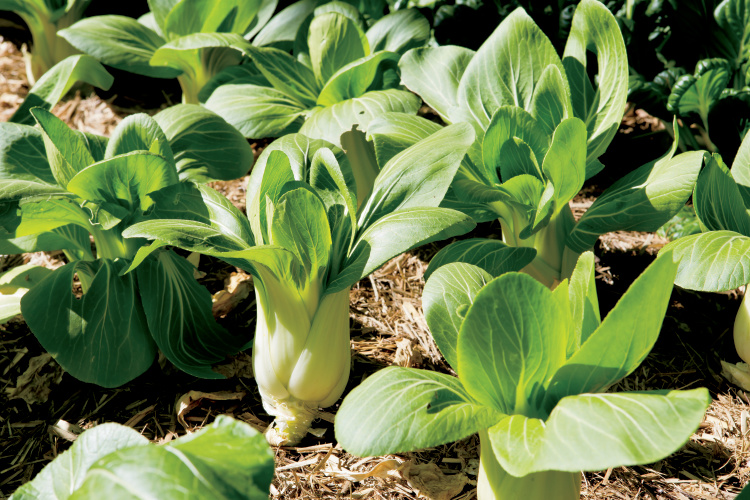
Expanding Ethnic Crops
Much of Maynard’s research on ethnic crops begins in response to farmer inquiries, such as with jilo, a type of eggplant popular among the state’s Brazilian population. During a three-year trial, Maynard studied varieties, growth, yield, disease resistance, insect pressure and climatic impacts of jilo across its research farms. Once she found repeatable success, she made suggestions to farmers at open-house events, specialty crop conferences, and through bulletins and fact sheets.
The story repeats with some 40 other vegetables, including Brussels sprouts, okra, daikon radish and bok choy (Asian cabbage). The research has also allowed Connecticut farmers to grow calabaza, a Hispanic-prized winter squash that normally likes Florida’s longer growing season.
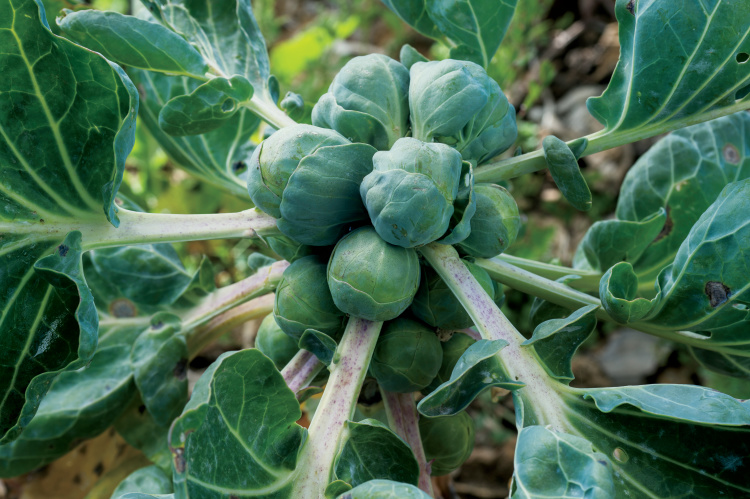
Maynard even taught farmers a technique to “trick” globe artichoke, commonly grown in California. The biennial crop must grow as an annual in Connecticut, where it otherwise couldn’t survive the winter.
“We developed a method to vernalize (cold treat) the artichoke seed or seedling so that the plant ‘thinks’ it has gone through a winter,” Maynard says. “I know eight growers in the state who sell it at farmers’ markets for consumers who want a fresh, local option for this Italian vegetable.”
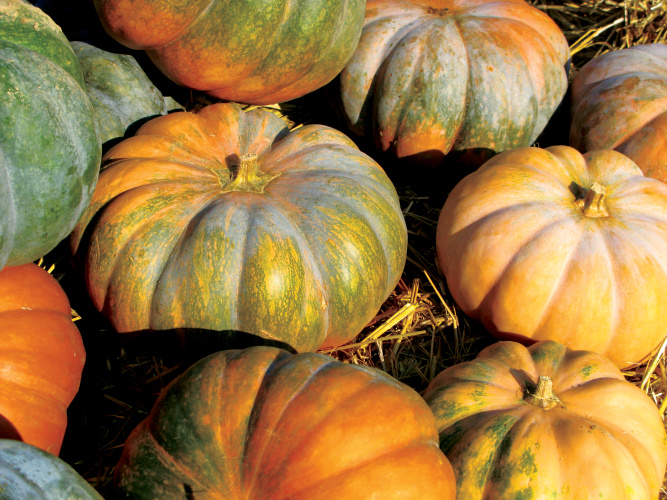
Improving Christmas Tree Health
Likewise, work at the Station has helped Connecticut Christmas trees, the largest agricultural commodity in the state, Kogut says. About 400 Connecticut Christmas tree farms tend to more than 5,000 acres of the evergreens. Farmers must wait up to 10 years for a harvestable tree to generate income, which makes pests and diseases a threat to their livelihoods.
Station scientists study and give suggestions to treat aphids, spider mites, gypsy moth and Hemlock scale that can attack trees. In particular, research on phytophthora holds promise to prevent the spread of this deadly root-rot disease. More prevalent in wet soils, phytophthora browns the trees and lives within the soil to infect future plantings. With the aid of grants, Station scientists work to breed a tree species with less susceptibility to the disease, as well as improved needle retention to last longer for consumers.
“We are so fortunate to have the Connecticut Agricultural Experiment Station,” says Kogut, whose family owns Hemlock Hill Tree Farm in Meriden. “We are getting more and more members in our Christmas tree association from Massachusetts, Rhode Island, New York, Vermont and New Hampshire because or scientists in Connecticut are so good.”
